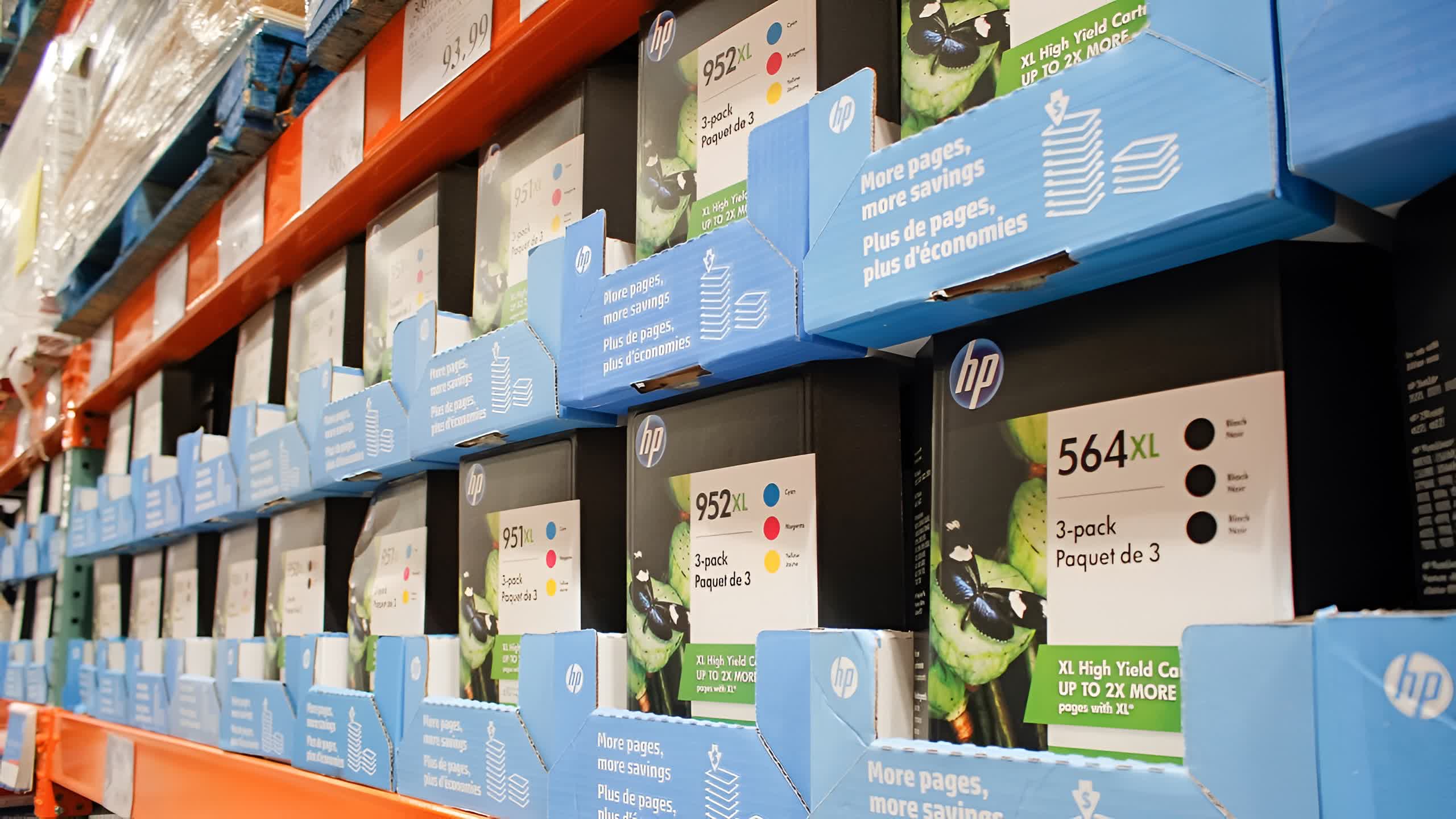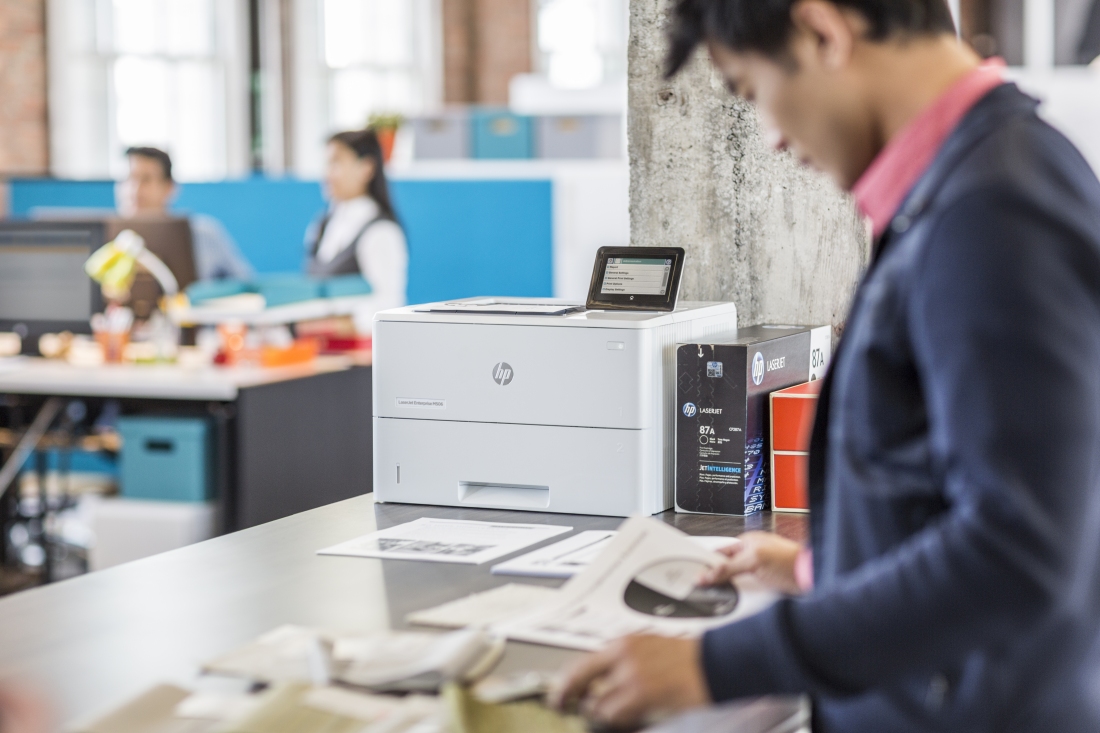Facepalm: HP, an organization with a PR record so bad it would make Amazon blush, is endearing itself to the public once again. In an interview where he discusses the firm's controversial ink subscription model and the policy of forcing people to use its own cartridges, CEO Enrique Lores said that customers who don't use HP's own supplies are a "bad investment" for the company.
HP is very insistent that users of its printers don't turn to cheaper third-party alternatives for their ink cartridges. It introduced a feature called Dynamic Security in 2016 that is supposedly a way of protecting the company's intellectual property and the quality of the customer experience by preventing the use of ink or toner cartridges that do not contain new or reused HP chips or electronic circuitry. It was initially removed following customer outcry but reappeared in 2017.
HP is facing a class-action lawsuit in the US that claims a firmware update disabled a customer's printer if it used non-HP replacement cartridges. The firmware, which arrived sometime between late 2022 and early 2023, is said to have coincidentally coincided with the time that HP raised the prices of its ink cartridges.
When asked about the lawsuit during an interview with CNBC, Lores said, "I think for us it is important for us to protect our IP. There is a lot of IP that we've built in the inks of the printers, in the printers themselves. And what we are doing is when we identify cartridges that are violating our IP, we stop the printers from working."
Lores certainly makes no attempt to conceal anything in that statement. The CEO then doubled down on his stance: "Every time a customer buys a printer, it's an investment for us. We are investing in that customer, and if that customer doesn't print enough or doesn't use our supplies, it's a bad investment."
So remember, HP doesn't want you to be a bad investment by purchasing third-party cartridges for your HP printer.
Lores continued to warn against the dangers of using non-HP cartridges and what will happen if you do. "In many cases, it can create all sorts of issues from the printer stopping working because the ink has not been designed to be used in our printer, to even creating security issues."

The CEO made it sound as if HP's ink cartridge DRM was there solely for the benefit of customers. "We have seen that you can embed viruses into cartridges, through the cartridge go to the printer, from the printer go to the network, so it can create many more problems for customers." He then appeared to shift from that customer-first perspective by stating, "Our objective is to make printing as easy as possible, and our long-term objective is to make printing a subscription."
In 2018, HP had to compensate users in Australia over its ink cartridge DRM. The company also agreed to a $1.35 million settlement over the practice in Europe a couple of years ago.
Lores isn't the first HP exec to extol the virtues of the company's ink subscription model. Chief financial officer Marie Myers boasted about the firm "locking" people into its products in December.
"We absolutely see when you move a customer from that pure transactional model [...] whether it's Instant Ink, plus adding on that paper, we sort of see a 20% uplift on the value of that customer because you're locking that person, committing to a longer-term relationship," Myers said.
